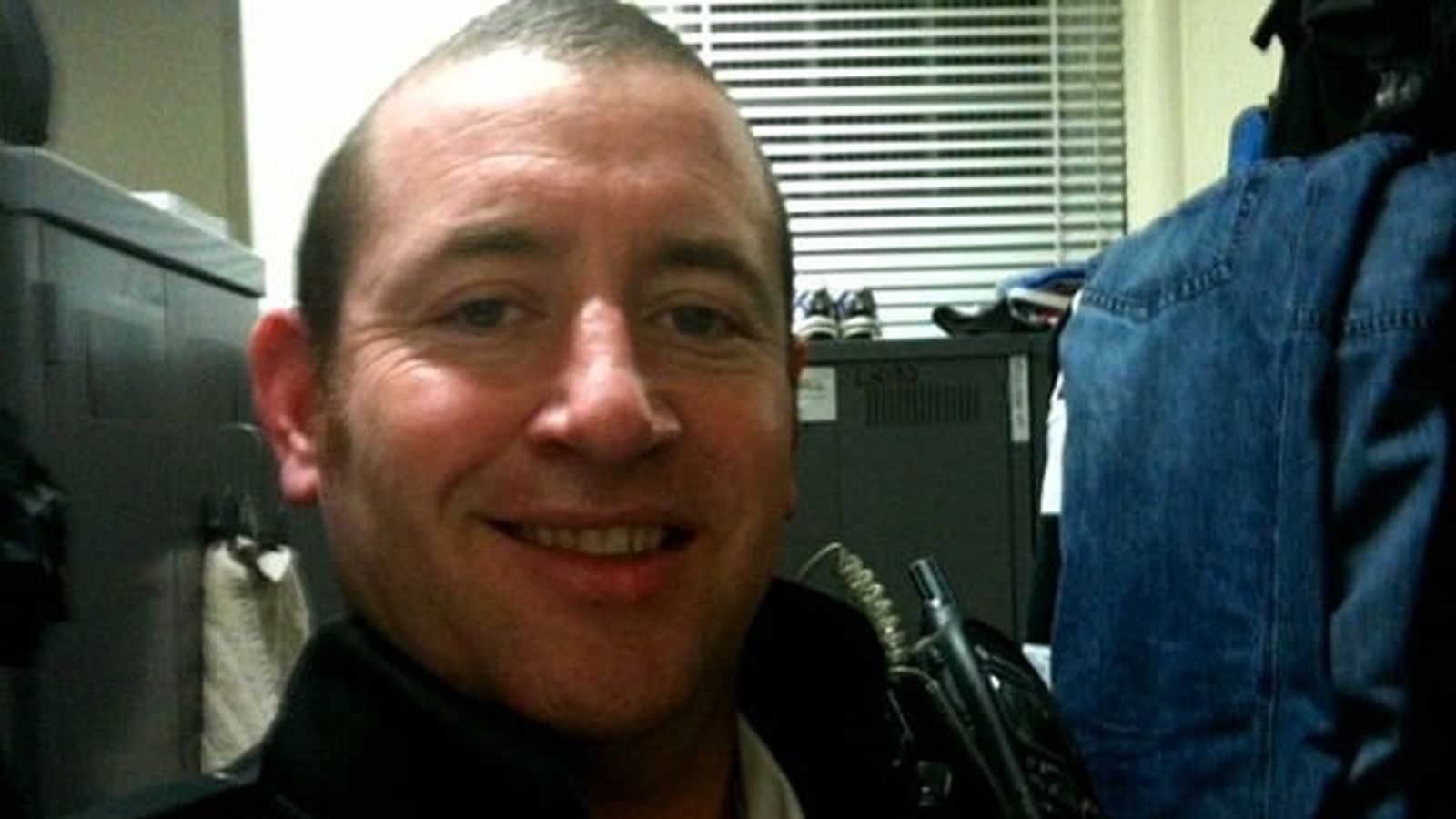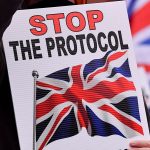Trust in policing has fallen to its “lowest level” following the horrific attacks by former officer David Carrick, the police watchdog has claimed.
The chief inspector of His Majesty’s Inspectorate of Constabulary (HMIC), Andy Cooke, appeared at the home affairs select committee today, saying the acts of the then-PC “absolutely slurs the whole profession and it will remain with policing for some time”.
But when asked whether he thought forces in England and Wales had a problem with women, Mr Cook denied institutional misogyny, saying instead that it was a “societal” problem.
Politics live: Health secretary tells nurses pay rise would mean ‘cutting patient care’
Earlier this week, David Carrick – who had served as a Metropolitan Police officer for over 20 years – admitted to 49 charges for crimes committed over an 18-year period, including 24 rape counts.
The charges related to the rape of nine different women, but some are multiple incident counts, meaning they cover more than 80 sexual offences, including at least 48 rapes.
Read more:
Timeline of Met Police’s missed opportunities to stop serial rapist
Victim of serial rapist police officer describes months of physical and mental abuse
David Carrick films around the house where he abused multiple victims
Sir Mark Rowley says he is determined to clean up the Met – but its culture cannot easily be changed
David Carrick: Officers who let rapist Met policeman stay in job ‘should be named and shamed’
David Carrick: The Met Police’s challenge to ‘root out rapists’
Speaking to the committee about policing priorities, Mr Cook was questioned about the case, with Labour’s Dame Diana Johnson saying there seemed to be “a systematic failure of the police system that allowed [Carrick] to carry on as a police officer”.
As chair of the committee, she asked: “How was this man allowed to serve as a police officer for so long?”
Mr Cooke admitted there had been “significant failures”, adding: “Obviously the offences committed by this individual are absolutely despicable and no individual should be allowed anywhere near a police uniform who is that way inclined.”
He said HMIC had already conducted a review of the vetting process to join the police – which was commissioned after the murder of Sarah Everard by former officer Wayne Couzens – and 43 recommendations had been made and accepted by forces around the country.
The chief inspector promised his team would be “going back in very quickly” to check forces were adopting the measures and that police chiefs “need to take an exceptionally strong line with it”.
“I think we must bear in mind as well, there are an awful lot of police officers out there doing a good job on a daily basis, but one officer like this absolutely slurs the whole profession,” he added.
“And it will remain with policing for some time because as we know it is not the first issue in relation to officers who have committed serious offences and not just in the Metropolitan Police either, this is a nationwide issue.
“So that culture that is pervasive in some parts of policing needs to be rooted out. We need to look at what we can do on a wider policing time basis in relation to this.”
Public trust ‘shattered’
After Carrick’s court appearance earlier this week, Downing Street said his crimes were “appalling”, urging forces to root out criminal officers “to restore the public’s trust which has been shattered”.
Met Police Commissioner Sir Mark Rowley admitted his organisation “failed” and Carrick “should not have been a police officer”.
The force has apologised after it emerged Carrick, who worked with the force’s parliamentary and diplomatic command, came to the attention of officers over nine previous incidents – including claims of rape and domestic violence – but faced no criminal sanctions or misconduct findings over those allegations.
He was sacked from the force after a misconduct hearing.






















